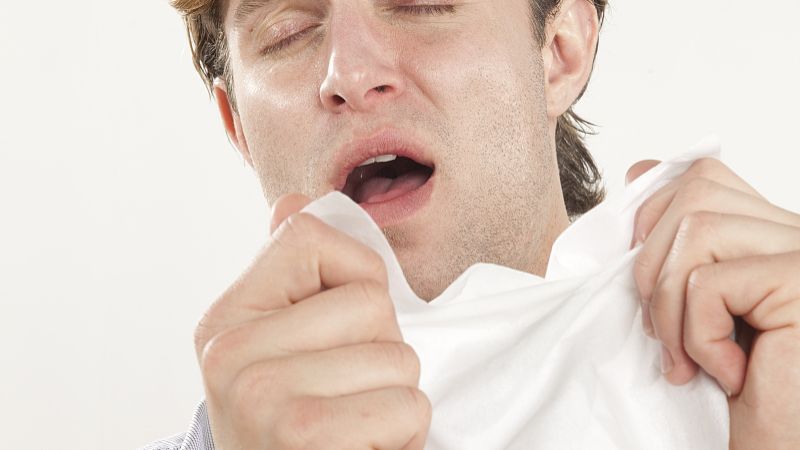Hey, let’s be real—we’ve all had that moment where we catch a whiff of our own breath and think, yikes, what is that? Bad breath happens to the best of us, whether it’s from morning breath, too much coffee, or that garlic pasta you couldn’t resist. While brushing and flossing are non-negotiables, the right mouthwash can be your secret weapon. But with a zillion options on the shelf, how do you pick one that actually works? Let’s break it down like we’re shopping together (minus the awkward grocery store small talk).

First: Why Do You Even Have Bad Breath?
Before we dive into bottles, let’s talk root causes. Most bad breath (aka halitosis) comes from bacteria in your mouth. When bacteria munch on leftover food particles (especially proteins like meat or dairy), they produce smelly sulfur compounds. Gross, but fixable! Other culprits: dry mouth (saliva is your mouth’s natural cleaner—so sip water!), gum issues, or even what you ate (looking at you, onions and garlic). So the best mouthwash needs to tackle bacteria, freshen breath long-term, and maybe even help with dryness or gum health.
The Contenders: Types of Mouthwash and Who They’re For
1. Classic Antibacterial Powerhouses (Alcohol-Based)
You know the ones—they burn a little when you swish, but they mean business. Brands like Listerine (original cool mint or cinnamon) contain alcohol and essential oils (thymol, eucalyptol) that kill bacteria and leave your mouth feeling sterile (in a good way). These are great if you want that “just-visited-the-dentist” freshness and don’t mind a slight burn.
Pros: Strong antibacterial action, widely available, affordable.
Cons: Alcohol can dry out your mouth (which feeds bad breath) if used too often, and the taste isn’t for everyone (looking at you, sensitive taste buds).
2. Gentle But Effective (Alcohol-Free)
If alcohol-based rinses feel like a punishment, go for alcohol-free options. Crest Pro-Health or TheraBreath (created by a dentist, so extra credibility) use ingredients like zinc or xylitol to neutralize sulfur compounds without the burn. They’re also better for folks with sensitive mouths or dry mouth issues (since alcohol-free = less drying).
Pros: Mild on gums, safe for daily use, often recommended for dry mouth sufferers.
Cons: Might not feel as “intense” as alcohol-based versions—you’re trading burn for gentleness.
3. Natural and Organic (For the Eco-Conscious)
If you’re all about “clean” products or have sensitive gums, brands like Tom’s of Maine or Herbacin use natural essential oils (peppermint, tea tree) and avoid harsh chemicals. They’re great for everyday use and leave a subtle, fresh taste without the synthetic stuff.
Pros: Gentle on your mouth and the planet, good for daily swishing.
Cons: Antibacterial power might be milder than medical-grade options—best paired with strict brushing/flossing.
4. Prescription Strength (For Chronic Bad Breath)
If regular mouthwashes aren’t cutting it (maybe you’ve got chronic dry mouth or severe gum issues), talk to your dentist about prescription options like Peridex (chlorhexidine). These are stronger and usually for short-term use (like after gum surgery) to tackle serious bacterial overgrowth.
Pro Tip: Always ask your dentist before using prescription rinses—they’re not for daily over-the-counter use!
What to Look For on the Label
- Antibacterial ingredients: Look for chlorhexidine, zinc, cetylpyridinium chloride (CPC), or essential oils like thymol/eucalyptol. These target the smelly bacteria.
- Alcohol content: If you have dry mouth, skip alcohol; if you want maximum germ-kill and don’t mind the burn, go for it.
- Hydrating agents: Ingredients like xylitol or glycerin help keep your mouth moist, which fights bad breath long-term.
How to Use Mouthwash Correctly (Yes, There’s a Wrong Way)
- Wait 30 minutes after brushing/flossing—some ingredients (like fluoride) can cancel each other out if used together.
- Swish for 30 seconds (no skimping! The longer contact time, the better).
- Don’t dilute it unless the bottle says to—concentration matters for effectiveness.
- Use once or twice daily (check the label; some strong formulas recommend once daily).
Our Top Picks for Different Needs
- Best Overall: Listerine Cool Mint (classic, affordable, and works like a charm for most people).
- Best for Sensitive Mouths: TheraBreath Fresh Breath Oral Rinse (zinc-based, no alcohol, dentist-approved).
- Best Natural Option: Tom’s of Maine Long Lasting Natural Mouthwash (peppermint + spearmint, no artificial junk).
- Best for Dry Mouth: Crest Pro-Health Alcohol-Free (xylitol helps keep saliva flowing).
Final Thought: Mouthwash Isn’t a Miracle Worker
Even the best mouthwash can’t save you if you’re skipping brushing, flossing, or drinking enough water. Think of it as the cherry on top of a solid oral care routine. And if bad breath won’t quit—even with all this—see your dentist or doctor. Sometimes it’s a sign of something deeper (like sinus issues or digestion probs).
But for most of us? A good mouthwash + basic hygiene = goodbye, stinky breath. So go ahead, pick a bottle that matches your vibe (burny mint or gentle natural), and swish away. Your coworkers (and your morning coffee dates) will thank you. 😉
